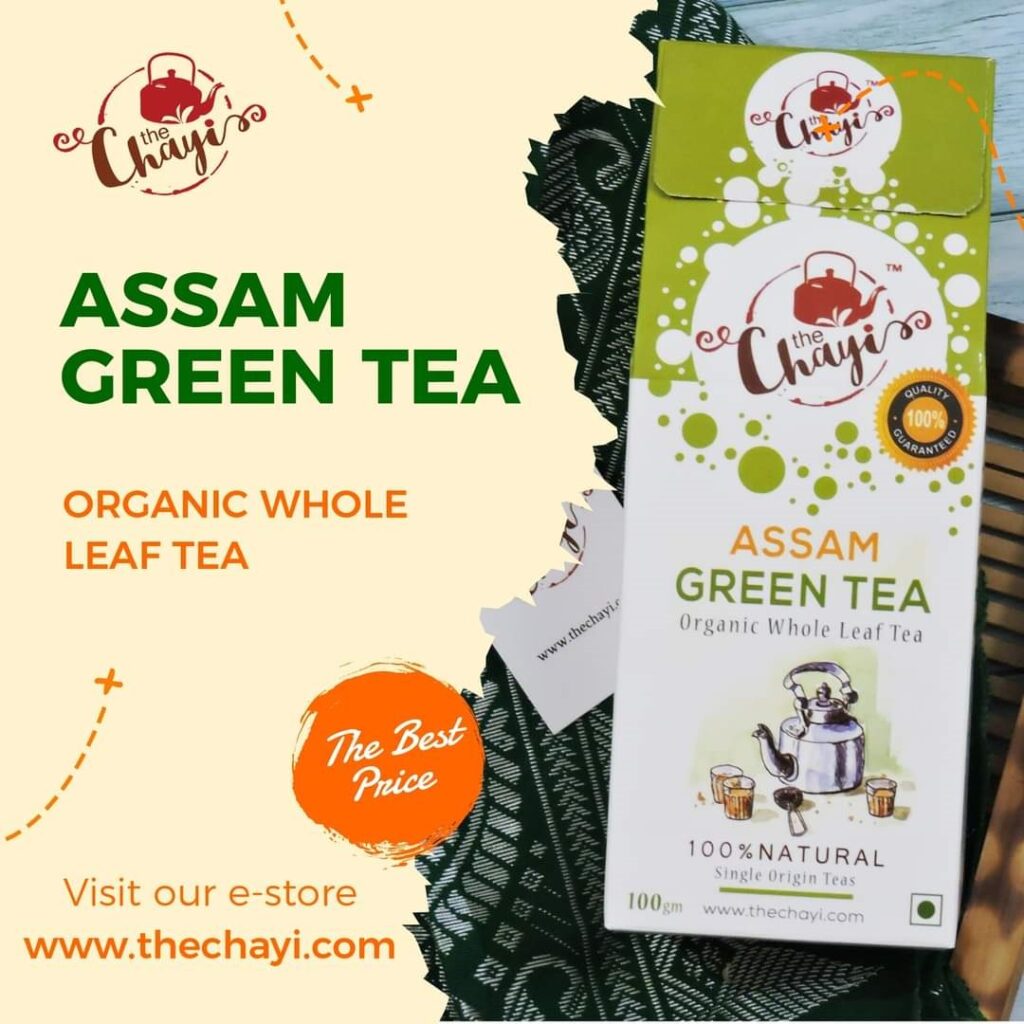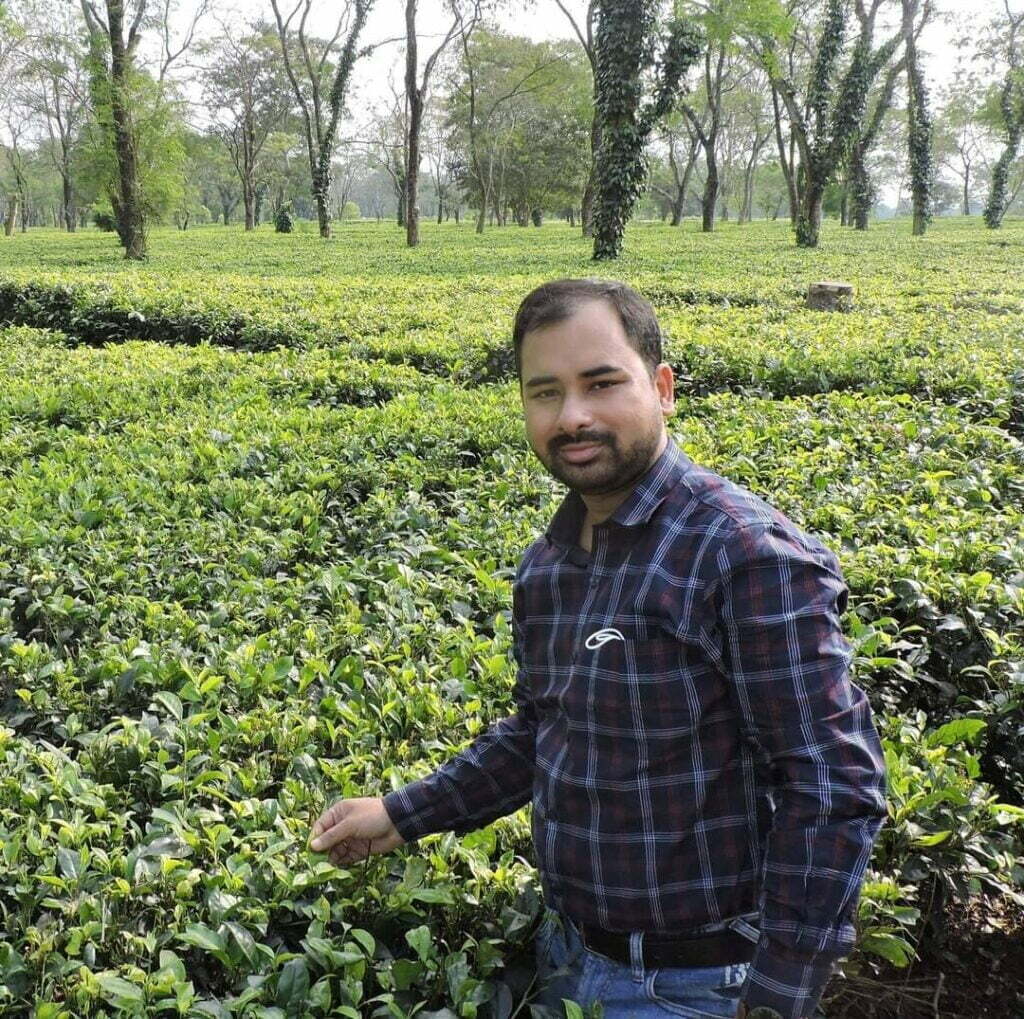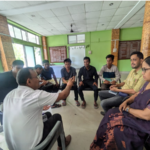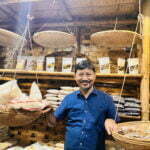Starting a tea business in Assam requires a lot of hard work, dedication, and attention to detail. However, with the right strategy and execution, it can be a rewarding and profitable venture.
Assam is known for producing some of the finest tea in the world, and as such, there are many tea startups in Assam. One such is the “ChayiTrail Pvt Limited”
Mr Nayan Jyoti Kalita, founder of the “ChayiTrail Pvt Limited” started his tea business along with two other co-founders namely PriyankushPratimKalita and Hena Nasir.
B.Tech from Gauhati University and M.Tech from Tezpur University, back in 2013, he had also enrolled in academics before founding an NGO named XONDHAN. A non-profit organization based in Assam. The Xondhan Foundation works towards the sustainable development and improvement of the quality of life of marginalized communities in the region.
His story dates back to while working with NGO, he happened to meet many organic tea-workers. After a few meetings with them, it led him to learn and explore the tea industry in Assam. As an Assamese, we know how much we drink and adore tea and witness it everywhere. But when he digs into the industry, he learned that there are a lot of problems and hurdles that are still prevailing. That thought struck him and pushed him to open a startup where he could give some benefit to the tea workers and try to enhance the industry.
We peopleknow the demand for tea, but people working in this arena do not have much knowledge when it comes from the business point of view. Marketing, finance, and management strategies are something he found lacking in organic tea growers.

Mr Nayan Jyoti Kalita noticed that since 2010, there has been a positive upsurge in the organic growing market. With that, the number of organic tea growers has also increased. But he feels the main problem of all is the “right market.”The quality in organic production is of high quality. They are mostly handpicked and handcrafted and use traditional methods of tea processing.
Upon his research, he also found the demand for organic tea in the international market. To his despair, he found the quality that is exported to foreign countries is of very low quality, thereby defaming Assam’s rich tea. By breaking the chain and exporting rich quality tea, he is trying to rise the market of Assam’s tea.
The trio started off this business through an e-commerce site by selling products online. Working with just one tea garden, now they work with more than ten tea gardens. They sellalmost 16+ varieties of teas from orthodox tea to green tea, smoke tea, chamomile green tea, hibiscus tea, etc. Out of all the 16, their best-selling product is smoked green tea.
Smoke green tea has a smokey flavour and is made from golden tea leaves. Golden tea leaves are usually high quality. The smokiness in this tea comes from the drying process, which is done over a wood fire or is pan-fried. Smoky green tea is a unique and flavourful option for tea lovers looking to try something new.
All the process of tea from plucking to withering to fermenting to drying and packaging is done here in Kahilipara, Assam. His garden is scattered to Tezpur, Dhekiajuli, Jorhat and a few more places.
When asked if his motive for solving the problem in the organic tea business has been solved, he replies that to some extent he has been successful. He has examples of tea growers failing to make the market, but after joining with Kalita they could see a remarkable change. Mr Kalita feels that with the first few numbers of tea gardens, he has been able to make good results.
Initially, they used to sell only through their website, now they also sell in the local market. They have got a good response from the local market, though it is competitive. The existing companies have a rate which is difficult for them to compete with. But their products other than orthodox or normal tea have a good scope in establishing a business in the local space.
He also shared that post-pandemic, the demand for organic products has risen. However, the big companies in the market cannot excel in this area of producing things organically. And so, the local or regional companies and startups have a huge gap to fill. That is where companies like Chayitrail flourish to its maximum.
When a new manufacturing company starts, most of them start locally or organically. But when it develops into a big fat company, the essence of keeping things organic becomes difficult to sustain and hence they stop going organic. Mr Nayan Jyoti, how do you think you will combat the situation?
The purpose behind this initiative was to go local and for local. Even though we have had examples of companies shifting from organic to inorganic, I think in my business, I will try to tackle this issue by incorporating more and more local tea growers. Not just we will be benefitted but they will be benefitted as well. I also believe when your business is well structured and well connected, it becomes less hectic to manage things.
Other than scattering it in the local market, they are focusing more on exports. The demand for organic is huge in international places mainly in European and Middle east countries. The tea market has experienced steady growth in recent years, driven by factors such as increasing health consciousness, the popularity of tea as a beverage, and the emergence of new tea varieties and flavours.







